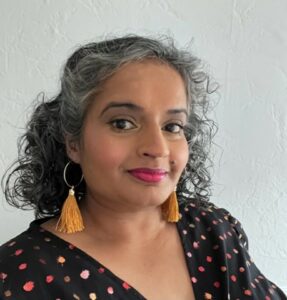Blog by Harvi Higgens
My favourite stories of my parents are when they would talk about their upbringing and their histories.

They are about how they created their own community when they moved to East London in the 1970s. They moved from one continent to another with no support system or help.
They both worked in factories. My dad at the Ford factory and my mum was a seamstress in a clothing factory. My parents created their own community by making friends with the people that lived on our street and their colleagues. They did this by sharing food and their skills. My dad was a skilled carpenter and he helped with DIY for friends on the street. They would help my parents in kind with their own skills and knowledge. Mum would have friends over and cook elaborate meals and host our neighbours and friends.
English was not their first language. They were faced with racism and it’s not like it is today. It was much more overt. I cannot imagine how hard it must have been to really put yourself out there and be vulnerable and brave in such a way. How to be open to people you didn’t know and didn’t speak the same language as.
How many of us can say that we are friends and have built a community with our neighbours on our street? Do you know your neighbour’s name?
You can build a community, wherever you are. I believe we are more powerful and effective at work if we were collectively and lean on each other, knowing our strengths and skills like a community would.
The BAME staff network is an important community and helps build connection with other BAME colleagues. It gives a powerful voice for us as a collective. It’s also important to recognise that we are connected to NHS service users and frontline colleagues across all NHS organisations.
To me, my South Asian heritage means remembering all the stories and histories of my parents and grandparents. To use their examples of making and building connections wherever I can. This is an important element of my role as a personal assistant for the regional office and coordinator for the North West BAME Assembly.
It takes bravery to reach out to people you’re not familiar with. The more you do it the better you get at it.
Harvi Higgens
Personal Assistant – North West Region Business Office
Coordinator – North West BAME Assembly
